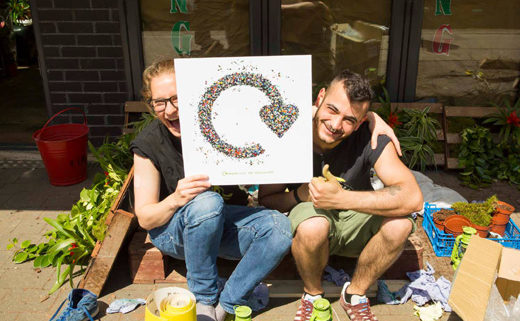What are the future challenges for plastics recycling?
Following the Recycle Week news from WRAP revealing the UK recycling industry could create 10,000 new jobs and generate £20bn of net exports by 2020, our Director of Research and Development, Brian Riise, outlines his thoughts on the future challenges of plastics recycling.
Since plastic is still a fairly new technology, manufacturers are constantly improving it and using new types of material to optimise its characteristics for use in specific products. Bio-based plastics are also becoming more widespread.
Currently, recycling companies are recycling plastics from durable goods made 10 to 20 years ago, such as cars and fridges. Today’s plastics recycling challenges include tackling legacy flame retardants and trace amounts of heavy metals. In the future, new flame retardants may be used, as well as fillers used to achieve lightweighting, creating a demand for new separation processes. In the same way, the bio-based plastics have a different density and will require new technology to separate, in order to create a high quality recycled plastic pellet for use in new products.
The UK’s tenth Recycle Week offered a good opportunity to reflect on the recycling achievements made to date and look ahead to future challenges. While local authority recycling schemes across the UK have collected £2.4bn of recycled materials in the past decade, there is still a long way to go. Government support will be vital in helping to create the market conditions for the UK recycling industry to thrive and reach the £20bn of exports estimated by WRAP and the Environmental Services Association (ESA).
Moving to a circular economy, whereby every resource is kept in use for as long as possible, recovered and reused, will require a team effort from government, business and the public. Discovering new ways to recycling tomorrow’s plastics will play a fundamental role in this, and we are committed to continuing our research and development in this area.
At MBA Polymers, we supported WRAP’s Recycle Week by creating a poster of the Recycle Week image made entirely from recovered plastics. We got out and about around the country asking members of the public to pose with the poster and have posted a gallery of images on our Facebook page. Share your Recycle Week activities and insights with us here.

